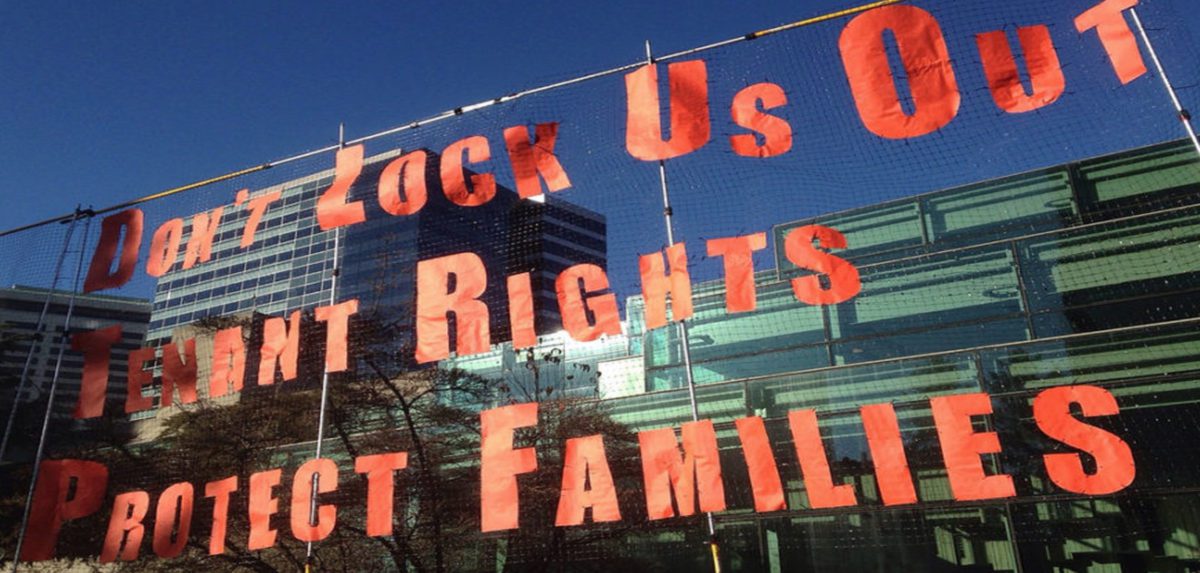Each report studied the immediate need and value of allowing communities to implement rent control policies to address their own local housing situations. The independent analyses from leading housing, urban planning, and economic experts note that rent stabilization policies are a key step to solving California’s housing affordability and homelessness crises.
University of Southern California Professor Manuel Pastor, co-author of the USC Dornsife’s Rent Matters report, said: “The housing crisis requires a range of strategies, [and] moderate rent regulation is a useful tool to be nested in broader strategy. It has fewer damaging effects than are often imagined, it can address economic pain, and it can promote housing stability. And housing stability matters because it is associated with physical, social, and psychological well-being; higher educational achievement by the young; and benefits for people of color.”
The USC study recommends the need for rent stabilization, emphasizing that such policies do not increase the rent of non-regulated units, do not impact the construction of new housing, and help keep rents more affordable for all.
A Haas Institute at UC-Berkeley also found that rent control policies are critically important tools to stabilizing California’s housing market. Dr. Stephen Barton, a former housing director for the City of Berkeley and co-author of the research brief, noted: “When the housing market is as dysfunctional as it is in many parts of California, tenants are effectively subsidizing landlords with rent payments above what a fully competitive market would allow landlords to charge.”
The Luskin Center at UCLA also studied the history of rent control in Los Angeles, diving into the connection between the city’s current affordability challenges and unprecedented homeless crisis. Drawing on history, the report looks at housing affordability and compares today’s crisis to the rent increases of the 1970s, noting that then, people had “something to fall back on — job skills, small savings, or investments.”
Today, wages are not keeping pace with rent increases, and the hardest hit are low-income renters who have no safety net and often end up on the streets. The UCLA report concludes that California must “[take] action to ensure the availability and affordability of rental housing for all income levels… and [allow] local governments to reassert themselves in stabilizing rents.”
Further, UC Berkeley’s Urban Displacement Project notes that extreme rent hikes continually pose a serious threat of eviction and displacement to Bay Area residents.
Contrary to claims by corporate landlords and developers, top academics find that rent control would help bring needed relief to millions of people.
Constant, excessive rent increases are not sustainable as seniors, families, and teachers are already rent-burdened, with many paying over half of their monthly income on housing costs alone. Statewide, between 2000 and 2016, rents have gone up 85 percent while incomes have failed to keep up.
Reining in rents will boost local economies, cut down on traffic congestion due to long commutes, reduce car emissions, create stable housing for families and children, and, ultimately, make our communities more viable where all can thrive.

